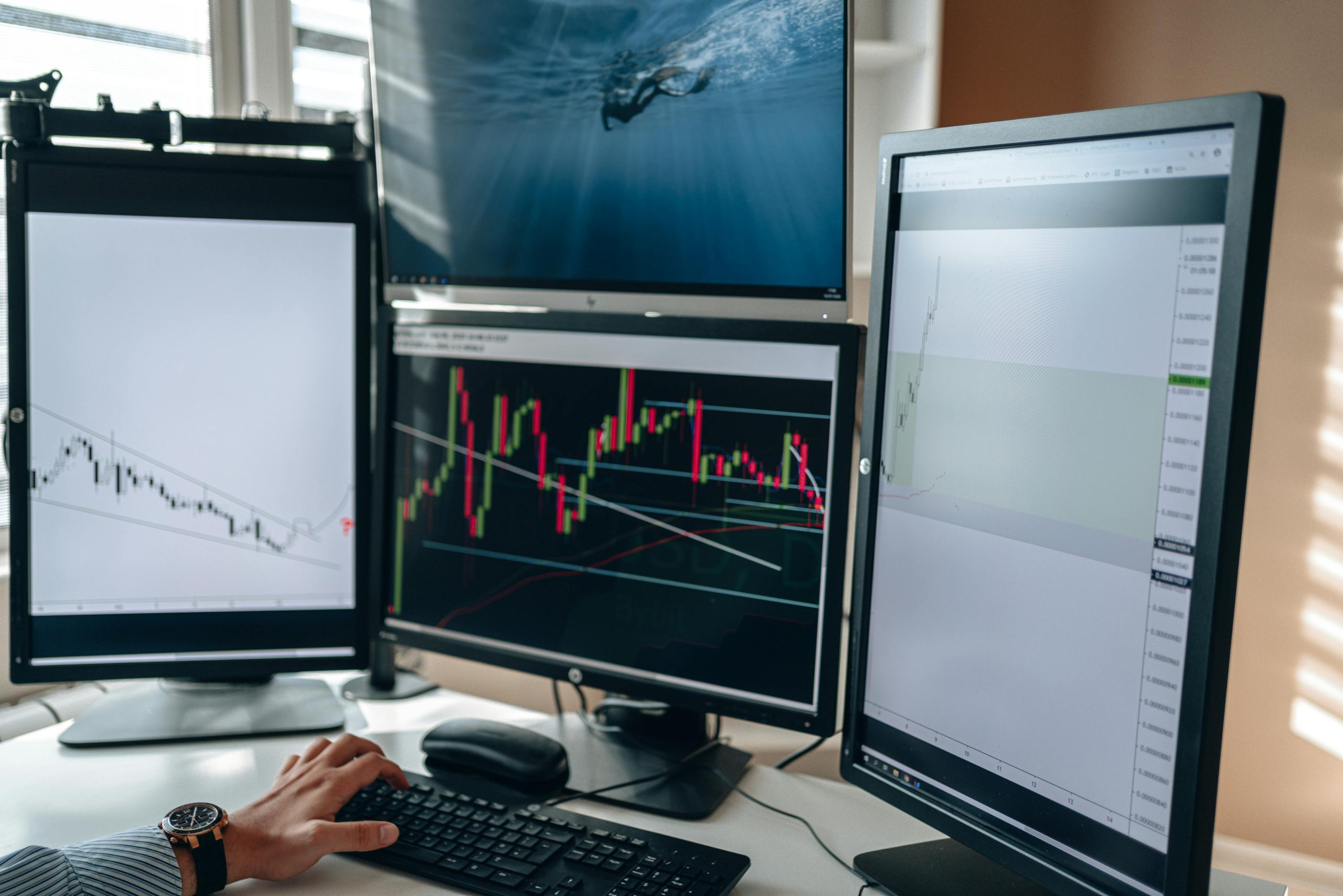In the fast-paced world of currency trading, staying ahead requires more than just knowledge and intuition. For many traders, forex signals have become an essential tool that can transform their trading journey by providing timely and actionable insights. This article explores how forex signals can revolutionize your approach to trading, boosting your confidence, efficiency, and profitability.
Understanding Forex Signals
What Are Forex Signals?
Forex signals are trading suggestions or alerts generated by experienced traders, analysts, or automated systems. These signals indicate the optimal time to buy or sell currency pairs based on market analysis. They typically include entry points, exit points, stop-loss levels, and take-profit targets to guide traders in making informed decisions.
Types of Forex Signals
There are generally two types of forex signals:
- Manual Signals: Generated by human analysts who interpret market trends and data.
- Automated Signals: Produced by algorithms and trading robots using predefined criteria and technical indicators.
Both types aim to provide traders with actionable advice that can improve their trading strategies.
Benefits of Using Forex Signals
Enhancing Decision-Making
One of the biggest challenges in forex trading is making decisions under pressure. Forex signals simplify this process by delivering clear trade ideas, allowing traders to act quickly and confidently. By receiving precise entry and exit points, traders can reduce emotional trading and avoid costly mistakes.
Saving Time on Market Analysis
Analyzing the forex market requires time, skills, and access to reliable data. Forex signals help traders save valuable time by condensing complex analysis into straightforward recommendations. This is especially useful for beginners who may lack the expertise to interpret market charts or technical indicators.
Improving Consistency and Discipline
Discipline is crucial in trading. Forex signals promote consistency by encouraging traders to follow predefined strategies rather than impulsive decisions. This structured approach helps in maintaining steady trading habits and reduces the likelihood of deviating from one’s plan.
How Forex Signals Work in Practice
Receiving and Acting on Signals
Forex signals are usually delivered via various channels such as email, SMS, trading platforms, or specialized apps. Once a signal is received, traders review the suggested trade parameters and execute the trade accordingly. The signals often come with stop-loss and take-profit levels to manage risk effectively.
Integrating Signals with Your Trading Strategy
Forex signals should not be used blindly. Successful traders integrate signals with their existing strategies and market insights. This hybrid approach enhances the quality of decisions and allows traders to adapt signals to their risk tolerance and trading style.
The Role of Technology in Forex Signals
Algorithmic Trading and AI
Advancements in technology have significantly improved the accuracy of forex signals. Algorithmic trading systems use artificial intelligence and machine learning to analyze vast amounts of data quickly. These systems can identify patterns and predict market movements more efficiently than manual methods.
Signal Providers and Platforms
A variety of platforms and service providers offer forex signals, each with different features and pricing models. Traders must carefully evaluate signal providers based on factors such as historical performance, transparency, and customer reviews to find reliable sources.
Risks and Considerations When Using Forex Signals
Dependence on Signal Accuracy
While forex signals can be powerful, they are not foolproof. Market conditions can change rapidly, making even the best signals unreliable at times. Traders should be aware of this risk and avoid over-reliance on signals without applying their own analysis.
Cost of Signal Services
Some forex signals come at a cost, and not all paid services guarantee quality. It’s essential to assess the value of the signals against the subscription fees to ensure the service aligns with your trading goals and budget.
Managing Emotional Impact
Receiving signals can sometimes lead to overtrading or emotional reactions, especially if trades don’t go as expected. Traders should maintain emotional control and use risk management techniques to protect their capital.
Maximizing the Benefits of Forex Signals
Educate Yourself Continuously
To get the most out of forex signals, traders should continuously educate themselves about market fundamentals, technical analysis, and trading psychology. This knowledge empowers traders to evaluate and adjust signals intelligently.
Use Demo Accounts for Practice
Before committing real funds, using demo accounts to test how forex signals perform in live market conditions is a wise approach. This practice helps build confidence and understanding without financial risk.
Combine Signals with Risk Management
Effective risk management is critical. Using stop-loss orders, position sizing, and diversification ensures that even if some signals do not lead to profitable trades, overall risk remains controlled.
Real-Life Impact: Transforming Your Trading Journey
Many traders have reported transformational results after incorporating forex signals into their routines. By reducing uncertainty, enhancing timing, and improving strategy execution, forex signals provide a solid foundation for sustained trading success. Whether you are a novice seeking guidance or an experienced trader aiming for consistency, forex signals offer a valuable edge.
Conclusion
Forex signals have the potential to significantly transform your trading journey by offering clarity, saving time, and promoting disciplined trading. However, success depends on selecting reliable signal providers, combining signals with personal analysis, and practicing sound risk management. When used wisely, forex signals can be a powerful tool to navigate the complexities of the forex market and unlock greater trading potential. Integrate forex signals into your strategy and experience the positive impact on your trading performance.
